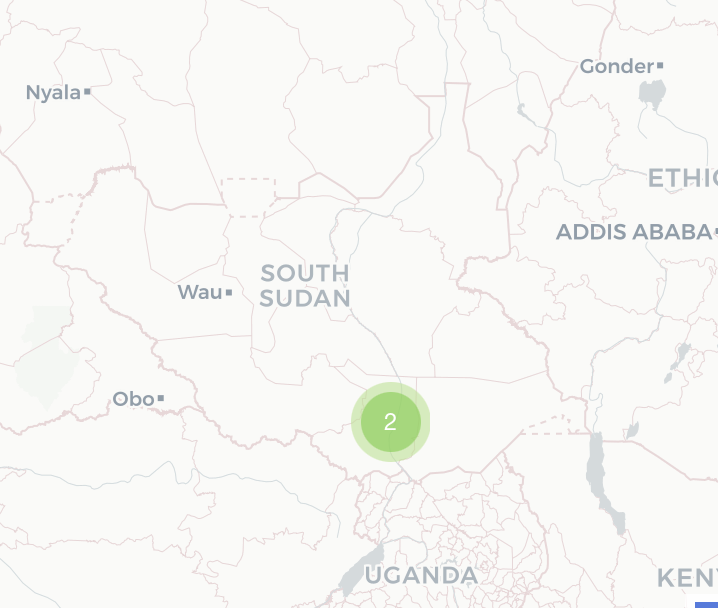South Sudan on the Brink as Political Tensions and Violence Escalate
Executive Summary
South Sudan is facing its worst political and security crisis in years as clashes between government forces and militias escalate, threatening to unravel the fragile 2018 peace agreement. The U.S. has ordered nonemergency personnel to leave the country as tensions soar following the arrests of key allies of Vice President Riek Machar and a deadly attack on a U.N. helicopter. Fighting in Upper Nile state between the national army and Machar-linked Nuer militias risks spiraling into full-scale conflict, exacerbated by Sudan’s ongoing war and foreign interventions.
Analysis
The situation in South Sudan has deteriorated rapidly, with renewed violence in the north coinciding with political upheaval in the capital, Juba. The latest crisis began when the South Sudanese army clashed with the White Army militia in Upper Nile state, an armed group linked to Machar’s Nuer ethnic group. This confrontation led to the arrest of two government ministers and a senior military official allied with Machar, signaling a major power struggle between President Salva Kiir and his former rival.
The arrest of Machar’s allies has deepened fears that the delicate balance of the 2018 peace deal, which ended a five-year civil war that killed over 400,000 people, is unraveling. South Sudan has long been governed under a fragile power-sharing agreement between Kiir and Machar, but tensions have flared repeatedly. The latest arrests have raised concerns that Kiir is consolidating power, sidelining Machar, and preparing for a wider crackdown.
Meanwhile, the situation in Upper Nile has grown increasingly volatile. A U.N. helicopter evacuating wounded South Sudanese soldiers came under fire, resulting in multiple deaths, including a senior general. The U.N. has called the attack a potential war crime, underscoring the severity of the conflict. The White Army’s resurgence, coupled with government accusations that Machar’s forces are collaborating with the group, points to a renewed struggle between South Sudan’s two largest ethnic groups—the Dinka (Kiir’s group) and the Nuer (Machar’s).
The crisis is further complicated by Sudan’s ongoing civil war. Kiir’s government has been caught in a precarious diplomatic position between the Sudanese Armed Forces (SAF) and the Rapid Support Forces (RSF), with both factions seeking influence over South Sudan. Reports suggest that Sudan’s military may be arming Nuer militias in Upper Nile to pressure Kiir into distancing himself from the RSF. If true, this would mark a dangerous escalation, effectively turning South Sudan into another proxy battleground in Sudan’s war.
Economically, South Sudan is also in dire straits. The collapse of its oil exports—its primary source of revenue—due to pipeline damage in Sudan has left Kiir’s government struggling to maintain stability. With state coffers running dry, Kiir has leaned on the United Arab Emirates, a major backer of the RSF, further straining relations with Sudan’s military leadership. The worsening economic crisis has only fueled political discontent and instability.
